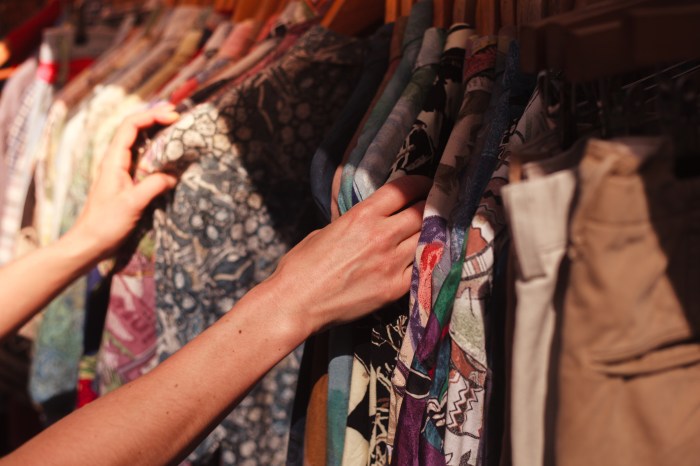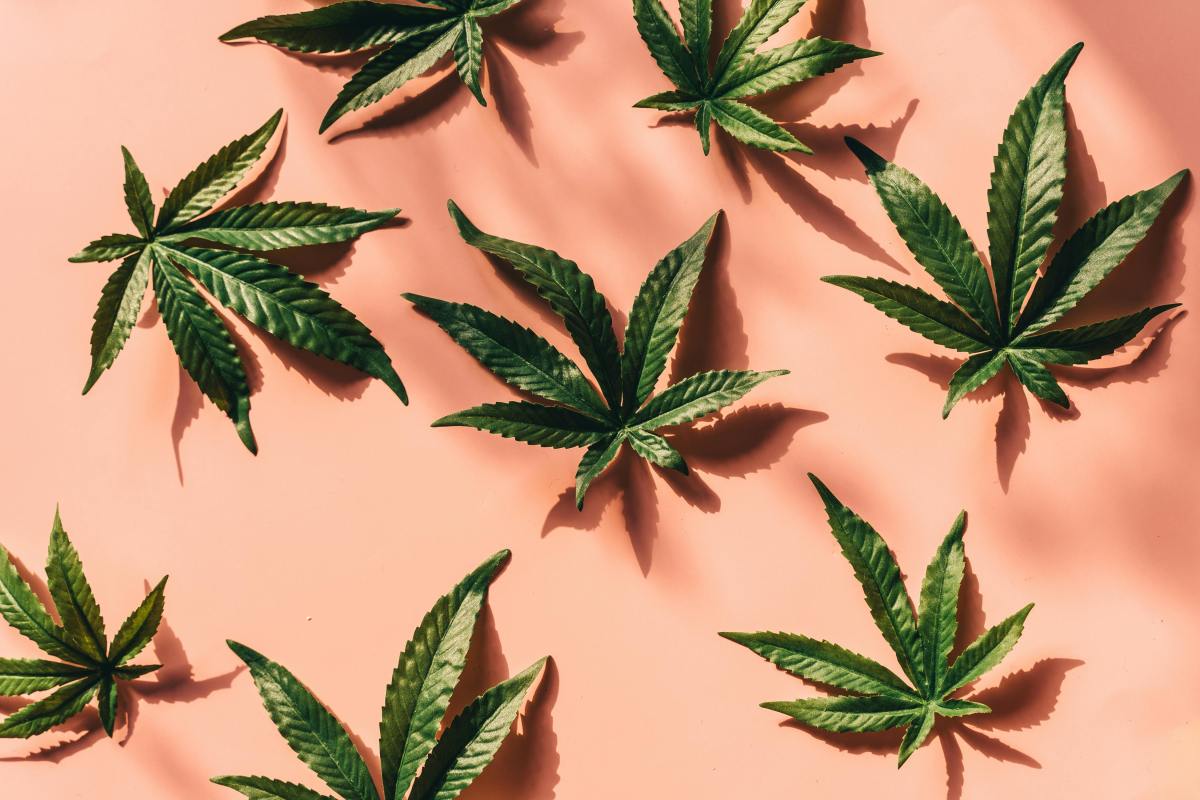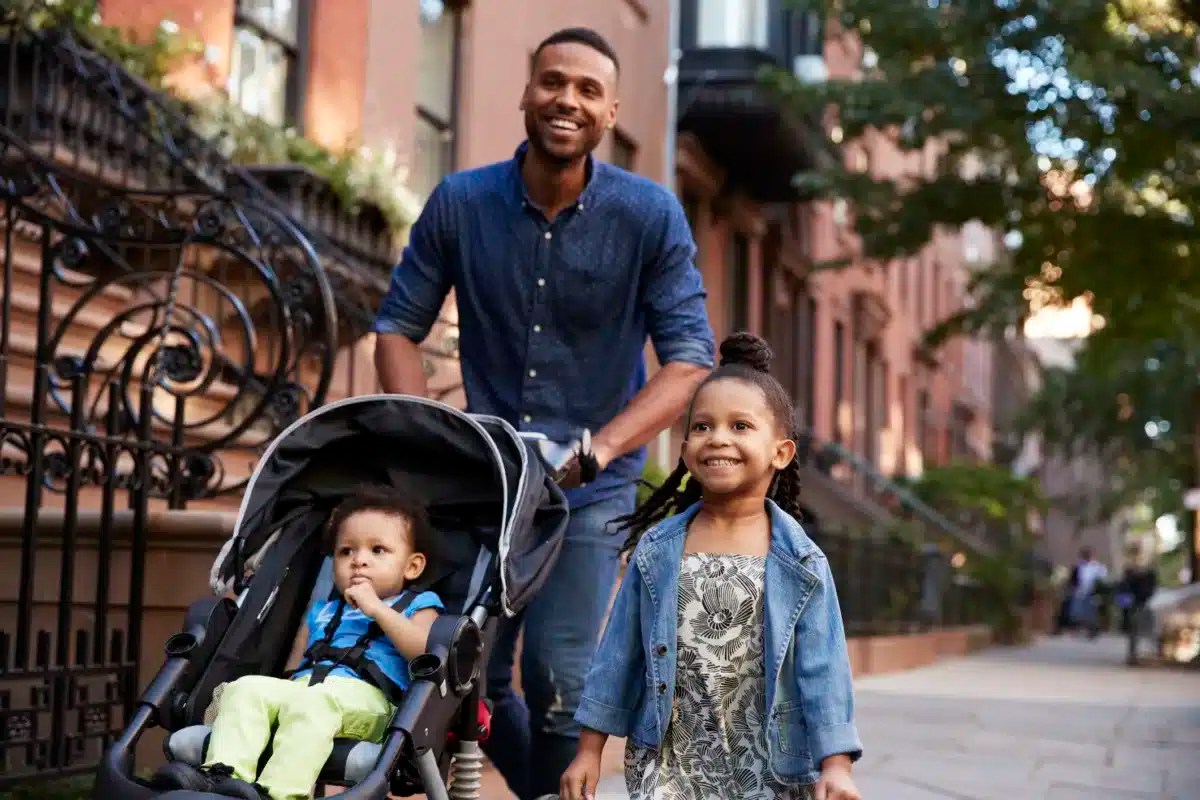As Hurricane Florence swirls nearer to the East Coast, the memory of Hurricane Maria’s devastation and “unjust” response is still fresh on many Puerto Ricans’ minds.
How the aftermath was handled by the federal government has not been forgotten, and that’s why the Brooklyn Historical Society is hosting a panel discussion ahead of the hurricane’s anniversary.
Former city council speaker Melissa Mark-Viverito, a Puerto Rican immigrant originally from Bayamón, will join Alan A. Aja, a professor at the Department of Puerto Rican and Latino Studies at Brooklyn College, and moderator Andrea Gonzalez-Ramirez, a Refinery 29 reporter, in “lamenting the massively unjust way the federal government handled its response and looking forward” to what New Yorkers can do to help, according to Steven Thomson, the programs and communications manager at the Brooklyn Historical Society.
The Thursday program highlights how connected New York City is to Puerto Rico by playing a few recordings from the historical society’s Puerto Rican Oral History Project, which documents the experiences of Brooklyn residents who arrived from the island between 1917 and 1940.
“There’s such a rich heritage of Puerto Rican immigration in New York City and particularly in Brooklyn,” Thomson said.
According to U.S. Census data, in 2010 NYC was home to 723,621 Puerto Ricans, which accounted for 8.9 percent of the total city population. So the local attention given to relief effort and the lack of supplies, help and electricity in so many locals’ homeland is a natural.
Numerous benefits have raised money for Puerto Rico following the Sept. 20, 2017, disaster, many from small businesses and organizations across the city. These continue, including an upcoming one by the Nuyorican Poets Cafe on Sept. 22.
“New York has gone above and beyond because of its really long-term connection” with Puerto Rico, Thomson said. “The move of solidarity is what makes New York a unique and special place.”
Mark-Viverito, who visited the territory during the recovery effort, will share ways New Yorkers can help “resist the idea that Puerto Rico will be left to shambles by the U.S. and how to provide relief,” Thomson said. “She’ll map out action points . . . the devastation has been hard to grasp since the public has been given incorrect information a lot of the time.”
President Donald Trump stoked the embers on Tuesday, calling the response an “incredible unsung success” while a George Washington University study published in late August found that about 22 percent more people died during the six months after the storm than would have if the hurricane didn’t strike. In total, 2,975 people died as a result of the storm.
Mark-Viverito did not immediately return requests for comment.
Aja, who scrutinized the territory’s economic plight before the hurricane hit, will offer some context as to where Puerto Rico stands and talk about his proposals on how to counteract the conditions there, according to Thomson.
“People will take away how to think proactively on how to help the community in Puerto Rico, where they’re so very much still rebuilding, and will come away with a broadened history of Puerto Rico and activities they can participate in Brooklyn and New York City communities,” Thomson said. “It’s interesting the coincidence that Hurricane Florence is coming the same week — people are already drawing comparisons on how the East Coast is getting so much support in advance. I’m sure it will be on people’s minds.”
Tickets to Thursday’s event at 6:30 p.m. are $5 on eventbrite.com.

















